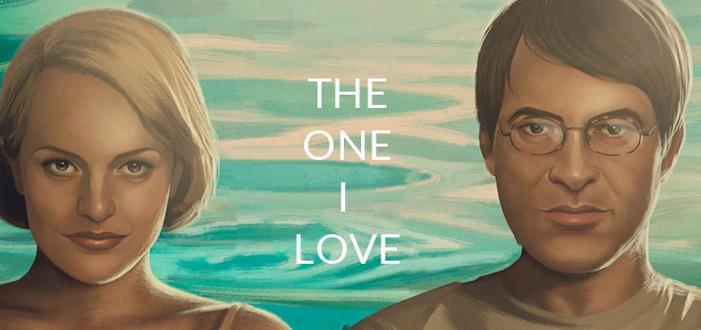
The One I Love
Does being in love with someone mean one loves all the parts or only the best of their significant other? Of course it includes for better and for worse. Yet what happens when the bad and bleak begin to overcrowd and suffocate the good? Is it time to cut and run, or is there a way that the bond can be salvaged? It’s easy these days to not have to make the effort to recover, not repair, what once was. But then again what once was was probably petty, fueled more by naïve passion than the real substance of romance, which is the transcendental intersecting of two mortal souls.
But here, in the One I Love, the couple in despair is seeking to fix what is broken. Yet what is cleverly crafted is the revelation that one person in the relationship wants in and the other wants out. One, in fact, can handle the reality of a complicated bond between two humans. And the other craves a fantasy. This is accomplished in a very surreal plot experiment and it accomplishes itself very well. It must be commended how ingenious the plot is in using only three actors and one setting, that of a weekend home as an escape for couples seeking to work past their troubles. Is it clichéd or even misogynist, however, that the female in the relationship wants to live in a fantasy world where she is truly happy cavorting with the idea of her husband? After all, this is what we would anticipate with women who fail to confront the world as much and as successfully as men do. Yet that is not central to the plot point, which is that she wanted out and in fact she is the chief resistance to making the relationship work to begin with.
The weekend merely draws out the harsh truth, that she is a feigned participant. She would rather live trapped in her own fantasy world than live in the real world. This point cannot be sufficiently a female flaw. It is how being arrested to fantasies are represented in the human condition for women that makes itself apparent more in human relationships than for men. But the underlying disorder is still the same. We have a girl not a woman and a man who can’t see the difference until it’s too late. And at that point, he merely accepts the fate that their relationship had. At least he gets to eat bacon now.
Grade: A-

